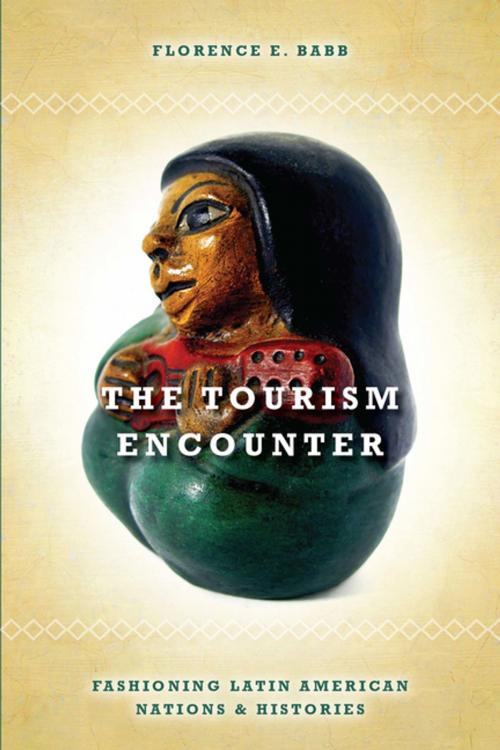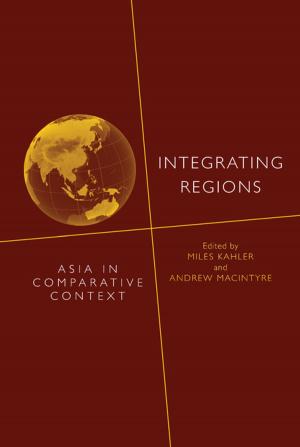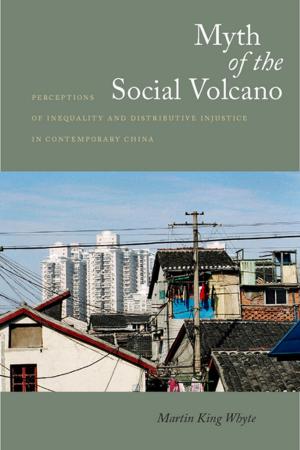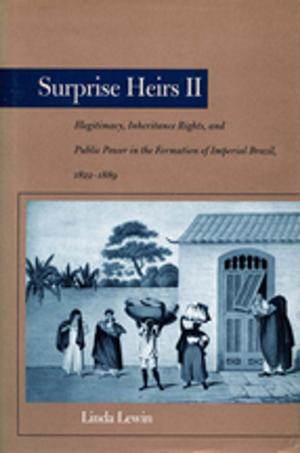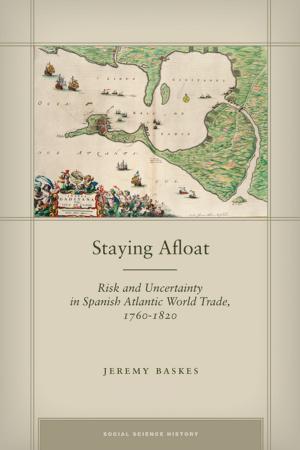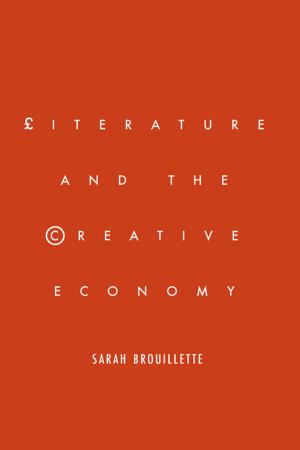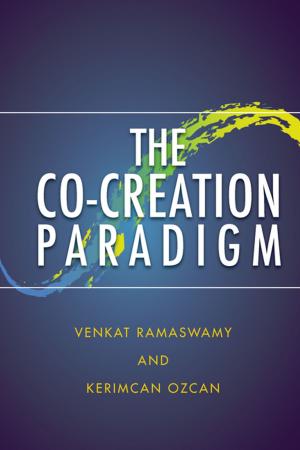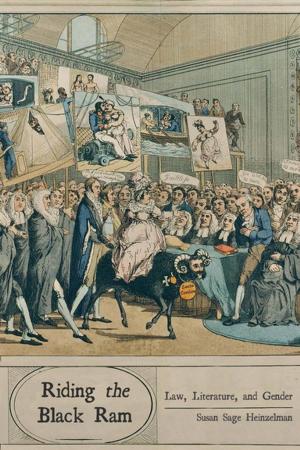The Tourism Encounter
Fashioning Latin American Nations and Histories
Nonfiction, Social & Cultural Studies, Social Science, Anthropology| Author: | Florence Babb | ISBN: | 9780804775601 |
| Publisher: | Stanford University Press | Publication: | August 30, 2010 |
| Imprint: | Stanford University Press | Language: | English |
| Author: | Florence Babb |
| ISBN: | 9780804775601 |
| Publisher: | Stanford University Press |
| Publication: | August 30, 2010 |
| Imprint: | Stanford University Press |
| Language: | English |
In recent decades, several Latin American nations have experienced political transitions that have caused a decline in tourism. In spite of—or even because of—that history, these areas are again becoming popular destinations. This work reveals that in post-conflict nations, tourism often takes up where social transformation leaves off and sometimes benefits from formerly off-limits status. Comparing cases in Cuba, Mexico, Nicaragua, and Peru, Babb shows how tourism is a major force in remaking transitional nations. While tourism touts scenic beauty and colonial charm, it also capitalizes on the desire for a brush with recent revolutionary history. In the process, selective histories are promoted and nations remade. This work presents the diverse stories of those linked to the trade and reveals how interpretations of the past and desires for the future coincide and collide in the global marketplace of tourism.
In recent decades, several Latin American nations have experienced political transitions that have caused a decline in tourism. In spite of—or even because of—that history, these areas are again becoming popular destinations. This work reveals that in post-conflict nations, tourism often takes up where social transformation leaves off and sometimes benefits from formerly off-limits status. Comparing cases in Cuba, Mexico, Nicaragua, and Peru, Babb shows how tourism is a major force in remaking transitional nations. While tourism touts scenic beauty and colonial charm, it also capitalizes on the desire for a brush with recent revolutionary history. In the process, selective histories are promoted and nations remade. This work presents the diverse stories of those linked to the trade and reveals how interpretations of the past and desires for the future coincide and collide in the global marketplace of tourism.
